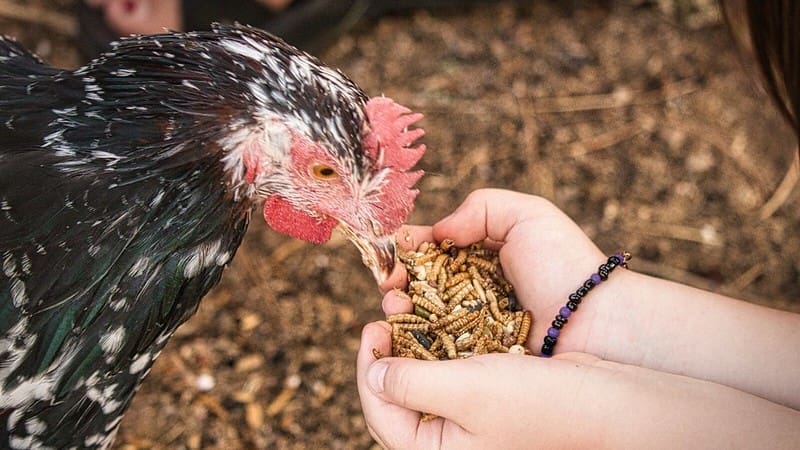Raising insects like crickets, mealworms, and black soldier flies could play a key role in building a more sustainable global food system, according to Kansas State University entomologist Brian McCornack. He’s part of a group working to raise awareness about the potential benefits of insect farming for agriculture and food production.
Insects are rich in protein, amino acids, vitamins, and minerals, making them a valuable supplement in livestock, poultry, and aquaculture feed. They also require far fewer resources than traditional protein sources, with higher feed conversion efficiency and a lower environmental footprint. In addition to feed, insects are used for pet food and can be processed into lipids or therapeutic products for livestock.
Farmed insects can help convert agricultural byproducts and waste into high-protein feed and nutrient-rich compost, offering new revenue opportunities and supporting circular agriculture. K-State is hosting a free, one-day conference, Future of Insect Farming, on April 22 in Manhattan to explore these ideas. Registration is required. The event will feature experts including Christos Athanassiou from the University of Thessaly, who will discuss K-State’s upcoming Insect Farming Initiative.
McCornack and his colleagues hope to spark collaboration and innovation, helping Kansas farmers tap into an emerging industry that’s both environmentally efficient and economically viable.













